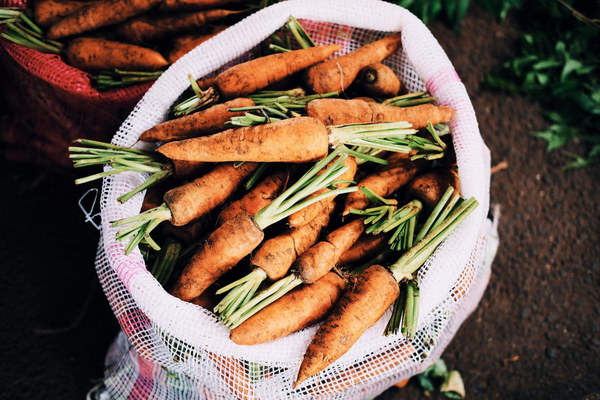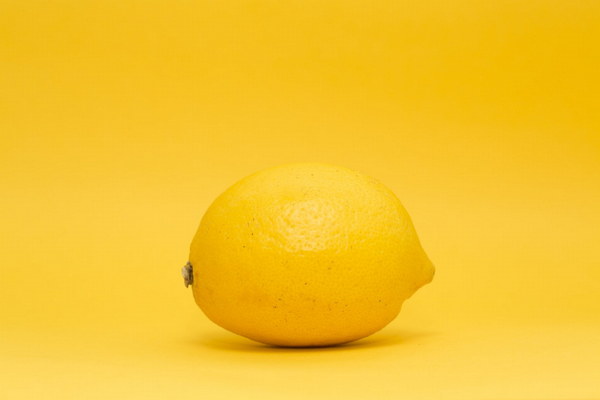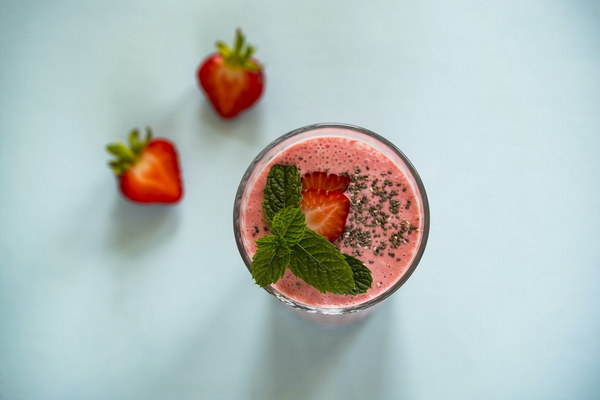The Nutritional Power of Lotus Seeds A Guide to Edible Therapy
Lotus seeds, also known as Lianzi in Chinese medicine, have been cherished for their health benefits for thousands of years. As a staple ingredient in traditional Chinese cuisine, lotus seeds are not only delicious but also packed with nutritional properties that promote overall well-being. In this article, we will explore the nutritional power of lotus seeds and their therapeutic uses in Chinese medicine.
Introduction to Lotus Seeds
Lotus seeds are the seeds of the lotus plant (Nelumbo nucifera), which is native to Asia. The lotus flower, known as the “King of Flowers,” symbolizes purity, beauty, and resilience. The seeds are typically found within the lotus fruit and have a chewy texture and a slightly sweet taste.
Nutritional Profile
Lotus seeds are an excellent source of essential nutrients, including:
1. Protein: Lotus seeds are rich in high-quality protein, making them a great plant-based protein source for vegetarians and vegans.
2. Fiber: With a high fiber content, lotus seeds aid in digestion and promote a healthy gut.
3. Carbohydrates: Lotus seeds provide a good source of complex carbohydrates, which help maintain energy levels.
4. Fats: They contain healthy fats, including linoleic acid, which is beneficial for heart health.
5. Vitamins: Lotus seeds are a good source of vitamin B1, vitamin B2, and vitamin B3, which are essential for energy production and metabolism.
6. Minerals: They contain important minerals such as magnesium, iron, potassium, calcium, and zinc, which contribute to overall health.
Health Benefits and Therapeutic Uses
1. Improves Digestion: The high fiber content in lotus seeds helps to promote a healthy digestive system by improving bowel movements and preventing constipation.
2. Boosts Immune System: Lotus seeds are rich in antioxidants, which help to boost the immune system and protect the body against infections.
3. Enhances Heart Health: The presence of healthy fats, such as linoleic acid, in lotus seeds can help lower cholesterol levels and reduce the risk of heart disease.
4. Relieves Anxiety and Stress: Traditional Chinese medicine uses lotus seeds to treat anxiety and stress, as they have a calming effect on the mind.
5. Supports Weight Loss: The low-calorie content and high fiber in lotus seeds make them an excellent food for weight loss and maintaining a healthy weight.
6. Improves Sleep: Lotus seeds are believed to have a calming effect on the mind, which can help improve sleep quality.
7. Promotes Skin Health: The antioxidants in lotus seeds can help protect the skin from free radicals and reduce the appearance of fine lines and wrinkles.

How to Incorporate Lotus Seeds into Your Diet
Lotus seeds can be prepared in various ways to add flavor and nutritional value to your meals. Here are some ideas:
1. Lotus Seed Soup: This traditional Chinese soup is made by simmering lotus seeds with goji berries, honey dates, and other medicinal herbs.
2. Lotus Seed Porridge: Combine lotus seeds with rice or another grain to make a nourishing porridge that can be enjoyed for breakfast or as a light meal.
3. Lotus Seed Paste: This sweet paste can be used as a filling for mooncakes, dumplings, or as a topping for desserts.
4. Lotus Seed Tea: Brew lotus seeds with other herbs and spices to create a soothing tea that can be consumed throughout the day.
In conclusion, lotus seeds are a versatile and nutritious food that can be incorporated into a balanced diet to promote overall health and wellness. By harnessing the nutritional power of lotus seeds, you can enjoy a wide range of health benefits and experience the time-honored wisdom of traditional Chinese medicine.









